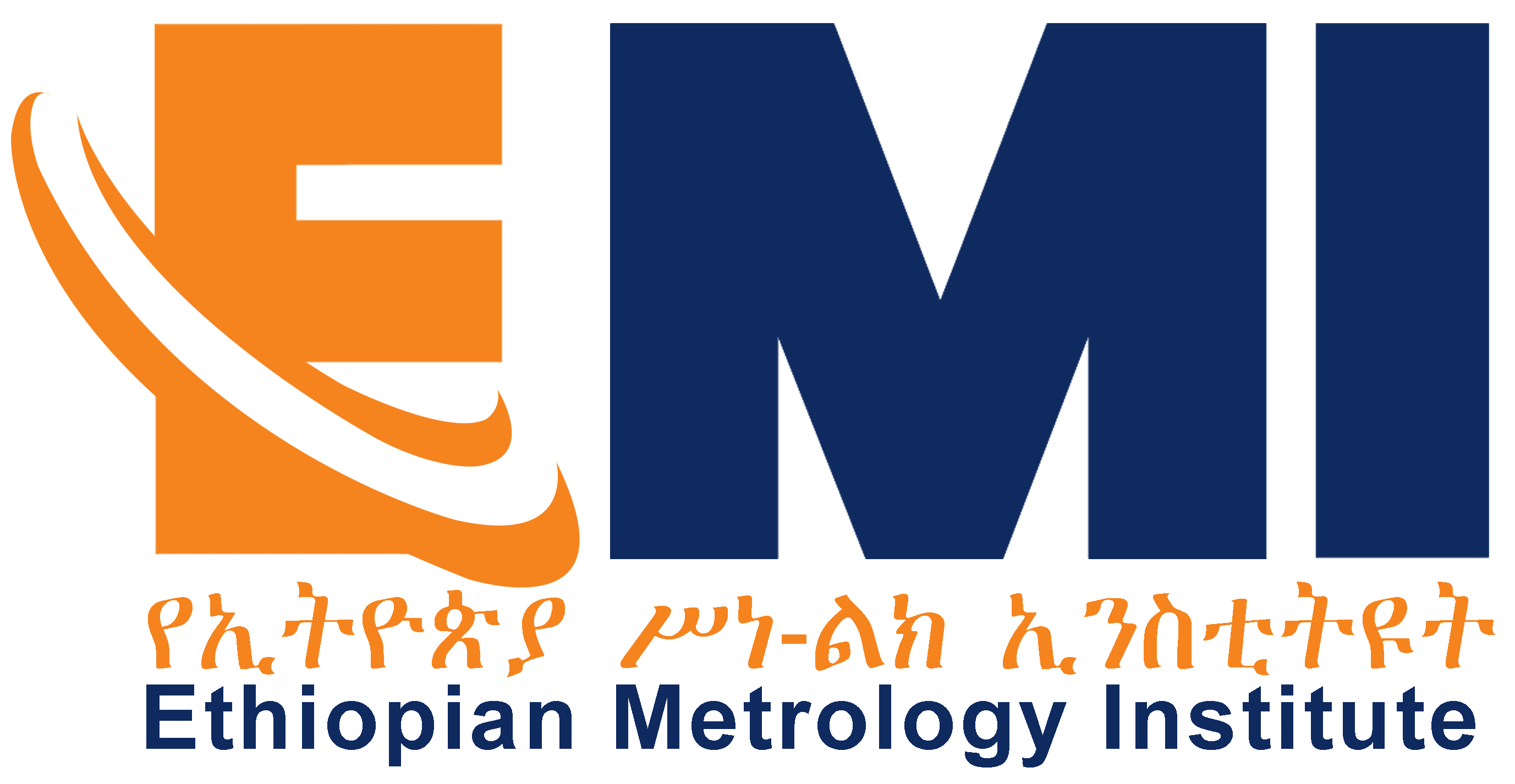Temprature Calibration Laboratory
Thermometry is the art and science of temperature measurement. Temperature is both a thermodynamic property and a fundamental unit of measurement. Its measurement is critical to many aspects of human activity from the thermodynamic improvement of heat engines to process control and health applications.
The unit of temperature is the kelvin, symbol K, and is the SI unit of thermodynamic temperature. It is defined by taking the fixed numerical value of the Boltzmann constant k to be 1.380 649 x 10–23 when expressed in the unit J K–1, which is equal to kg m2 s–2 K–1, where the kilogram, meter and second are defined in terms of h, c and ΔνCs.
The main service provided in Temperature Metrology is Calibration Service
Accredited Service
- Permanent Calibration (Liquid-in-Glass Thermometer from -80 °C to 360 °C with uncertainty varying from 25 mK to 300 mK, Digital and Dial Thermometer from -80 °C to 660 °C with uncertainty varying from 20 mK to 600 mK, Resistance thermometry from -80 °C to 660 °C with uncertainty varying from 20 mK to 300 mK and Thermocouple thermometry from 0 °C to 1200 °C with uncertainty varying from 0.5 K to 2.0 K).
- Mobile Calibration (Liquid-in-Glass Thermometer from -20 °C to 360 °C with uncertainty 0.20 K, Digital and Dial Thermometer from -20 °C to 660 °C with uncertainty varying from 0.20 K to 0.25 K).
- Onsite Calibration (Liquid Baths, Climatic Chambers, Oven and Autoclave from -80 °C to 400 °C with uncertainty varying from 0.15 K to 0.60 K).
